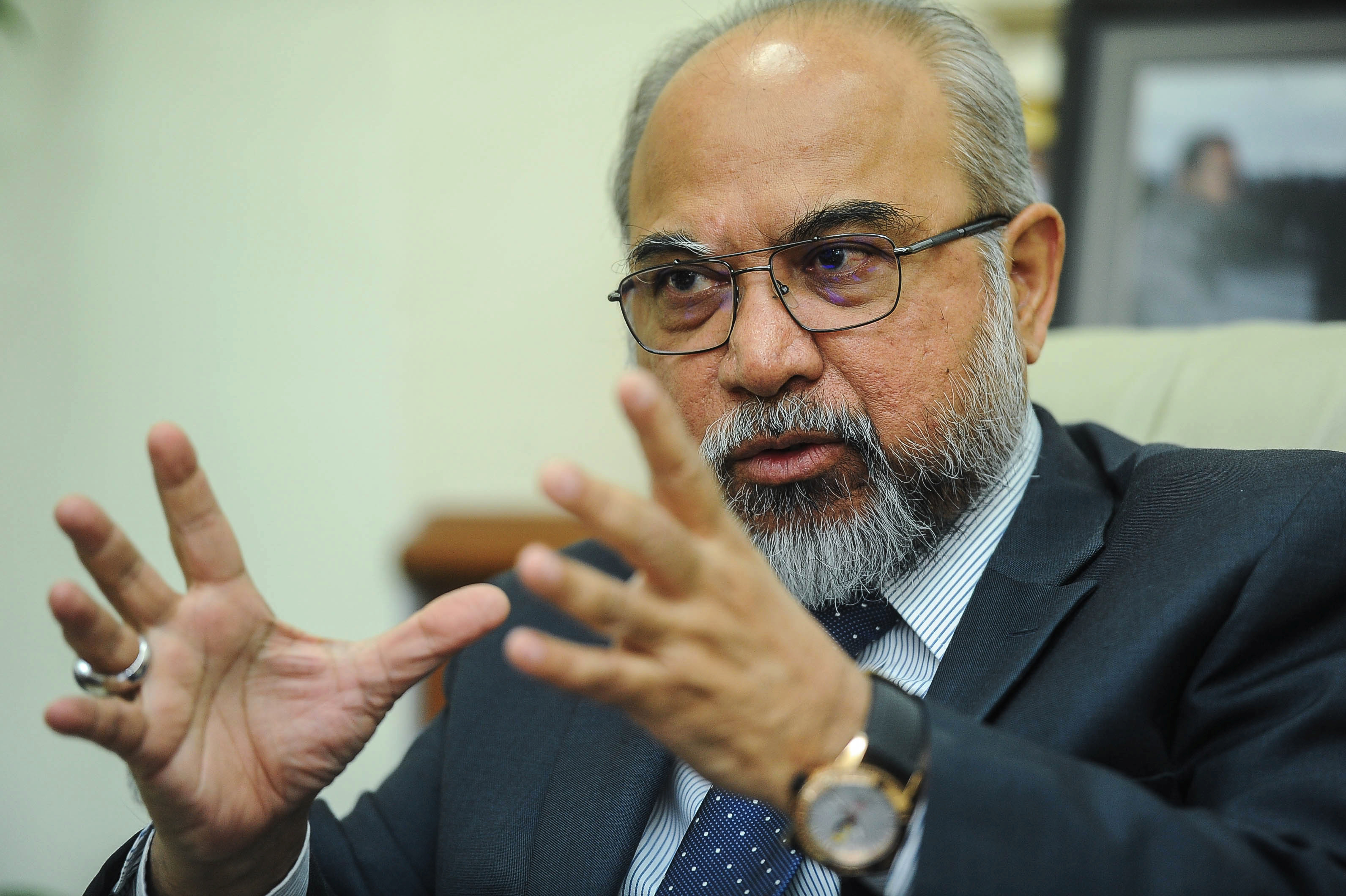ID :
448403
Sat, 05/20/2017 - 07:47
Auther :
Shortlink :
http://m.oananews.org//node/448403
The shortlink copeid
Asia Pacific Roundtable to Highlight Global Issues Affecting Region

By Samantha Tan and Nur Ashikin Abdul Aziz
KUALA LUMPUR, May 20 (Bernama) -- The upcoming 31st Asia Pacific Roundtable (APR), it is anticipated, will provide a timely platform for think-tanks and experts from Asia-Pacific, including ASEAN, to discuss and propose policy recommendations to face new challenges emerging from the new US administration and Brexit (potential departure of the United Kingdom from the European Union).
Institute of Strategic and International Studies (ISIS) chairman and chief executive Rastam Mohd Isa (pix) said this year's APR, from May 22-24, would be interesting as the sessions would not only focus on Asia-Pacific and ASEAN, which is celebrating its 50th anniversary this year, but also on how global issues were affecting the region.
"ISIS Malaysia expects a lively discussion because this year we are looking at some situations not only in the region but around the world. There is also a lot of expectation of what comes next after the establishment of the ASEAN Community and how the Philippines (ASEAN’s Chair in 2017) takes ASEAN forward.
"Also, the uncertainties around the world … including the security situation around us like the South China Sea, North Korea's nuclearisation and its behaviour (lately)," Rastam told Bernama in an interview.
Among the interesting topics to be highlighted at the APR are Asia's views on America's role in Asia and how US President Donald Trump’s administration will manage its policy towards Asia; tensions in cyber space in the context of balancing national security, privacy and innovation; and strategic geopolitical tensions amid North Korea expanding its nuclear weapons programme.
Rastam said that the APR, initiated by ISIS Malaysia in 1987 to promote trust and confidence in the Asia-Pacific region, had grown over the years and now gathered over 300 participants from around the world.
Organised by ISIS Malaysia and supported by ASEAN-ISIS, the APR has gained reputation and is ranked by the University of Pennsylvania’s Global Go To Think Tank Index as one of the world’s top 20 think tank conferences.
Due to the ASEAN-ISIS network, ISIS Malaysia is able to bring up views and ideas from APR to the ASEAN machinery or leaders through memorandums and policy recommendations.
Rastam said that over the years, ASEAN had been a major topic of discussion, apart from traditional security issues involving major power relations between the US and Soviet Union, and now between the US and China.
However, currently the trend has changed to non-traditional issues such as terrorism, cyber security, refugees and displaced persons.
This year's forum will feature renowned speakers such as Kaja Ciglic, Director Government Security Policy and Strategy Team at Microsoft Corporation; The Arakan Project Director Chris Lewa, and Richard Towle, United Nations High Commissioner for Refugees (UNHCR) Representative to Malaysia.
On the gap between Asia-Pacific and ASEAN, Rastam said that from the economic point of view, Asia-Pacific was a diverse and developed economy while ASEAN, comprising 10 developing nations, was becoming a major force with the ASEAN Economic Community turning into a bigger market.
"In that context, we have ASEAN but in the larger Asia-Pacific we have APEC (Asia-Pacific Economic Cooperation). In that sense, there is a gap but through various dialogue mechanisms like ASEAN+1, ASEAN+3, East Asia Summit, that gap is closing and not widening. There are more trade and investment opportunities, and employment movement," he said.
However, he said that countries of the Asia-Pacific region, including ASEAN, needed to strengthen their bilateral relations not only in trade and investment but also in safety and security amid the growing concern of terrorism activities.
In this regard, this year's APR would be a great platform for such issues, he said. (photoBERNAMA)
-- BERNAMA





